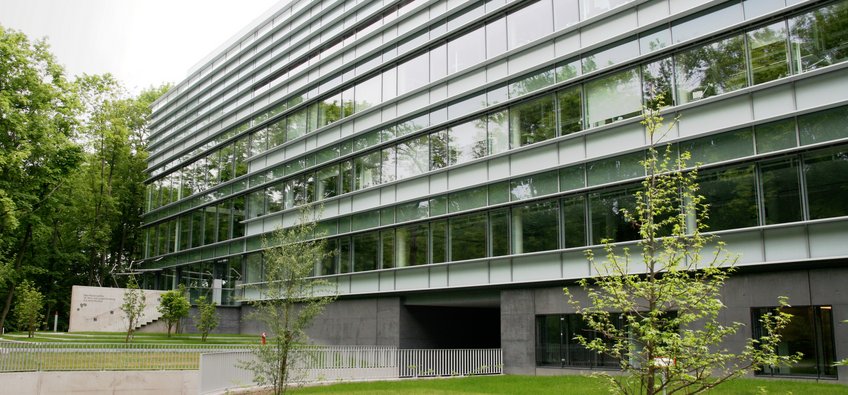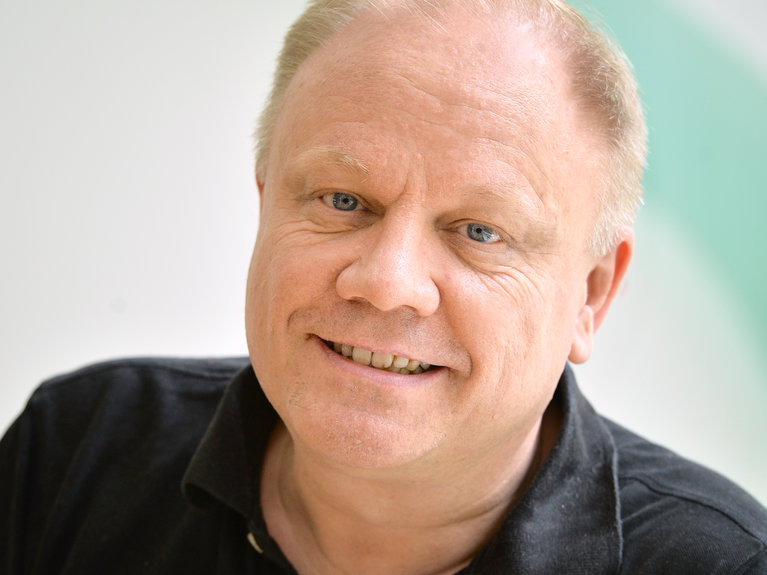
Max Planck Institute for Heart and Lung Research
Scientists at the Max Planck Institute for Heart and Lung Research study the structure and workings of the heart, blood vessels and lungs. Among other things, their findings are intended to contribute to a better understanding of diseases in these organs and in developing of possible treatments. The scientists, for example, examine how cells in the heart, blood vessel or lung tissue communicate with each other, and which signal molecules influence their function. They also look into the question of how function can be restored to damaged tissue. Stem cells – in other words precursor cells that can grow into specialised heart, blood vessel or lung cells – are therefore another important field of research for the Institute. In the future, these stem cells could, for instance, help to minimise tissue damage in heart attack patients or people with lung disease.
Contact
Ludwigstr. 4361231 Bad Nauheim
Phone: +49 6032 705-0
Fax: +49 6032 705-1604
PhD opportunities
This institute has an International Max Planck Research School (IMPRS):
IMPRS for Molecular Organ BiologyIn addition, there is the possibility of individual doctoral research. Please contact the directors or research group leaders at the Institute.








